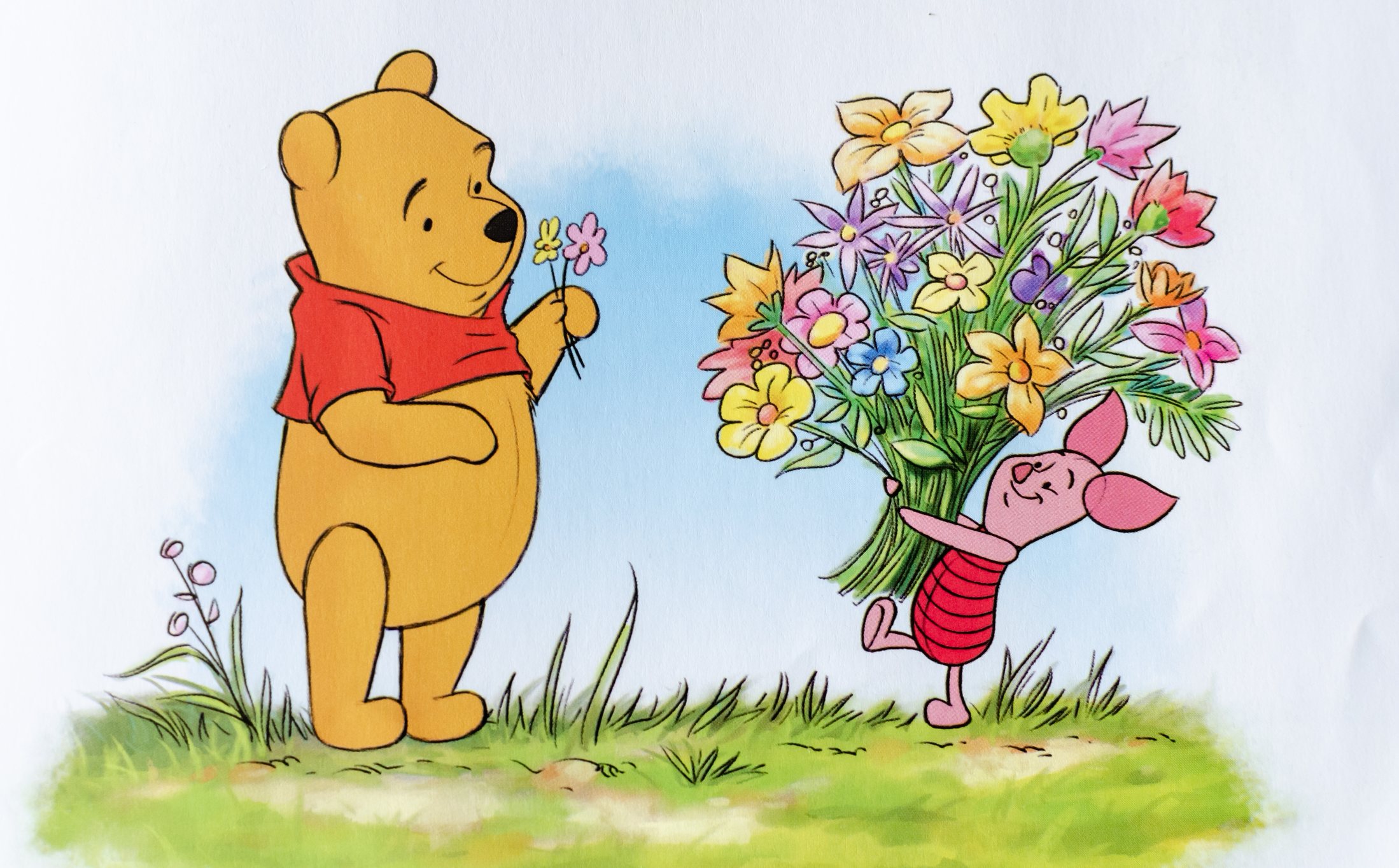“Thought is free,” wrote William Shakespeare in The Tempest.
Maybe, but the expression of a thought may cost you a pretty penny.
The laws around copyright are some of the most interesting in legislation around the world.
Because they pertain to works of creativity, they are lively, complex and deliciously human.
The idea behind copyright law is that it enables creatives to make a living from their endeavours.
If someone wants to use, say, a song, image, painting or piece of writing, they have to ask the owner’s permission and probably pay them for the privilege.
Copyright can be really valuable.
Michael Jackson’s kids will never have to work, thanks to his estate’s copyright payments, for example, and the trend of pop songs sampling old hits has provided a whole new stream of income for the creators.

But after a certain time, the works move into the public domain – meaning they are free to use and are owned by us all.
Shakespeare’s works can be reimagined and freely used, and so can those of the great composers.
Do you have an opinion to share? Submit a Letter to the Editor at Sunshine Coast News via news@sunshinecoastnews.com.au. You must include your name and suburb.
Each year, more items join the free-for-all.
The magic date each year is January 1, given that the laws internationally state the works enter the public domain a particular number of years after the end of the year of the death of the creator.
In the US, the works move into the public domain after 95 years.
Here, it is 70 years.
In New Zealand it is 50.

As of the start of the month, the book Lady Chatterley’s Lover, songs by Hank Williams, the works of poet Dylan Thomas and author J.R.R. Tolkien all became publicly owned.
With the dawn of the new year, Disney’s Steamboat Willy slipped into freedom and a gaming company was ready to go, launching a video game that uses it in horror form – all legally.
Free is not always pretty, and sweet can be reimagined as terror as easily as style and panache in a liberated world, it seems.
Winnie the Pooh was given the gory treatment in Winnie the Pooh: Blood and Honey – a slasher flick released a few weeks after entering the public domain last year.
Disney’s Tigger also moved into the public domain this month.
The mind boggles about the ways that bouncy, silly feline is going to be reimagined.
Dr Jane Stephens is a UniSC journalism lecturer, media commentator and writer.





